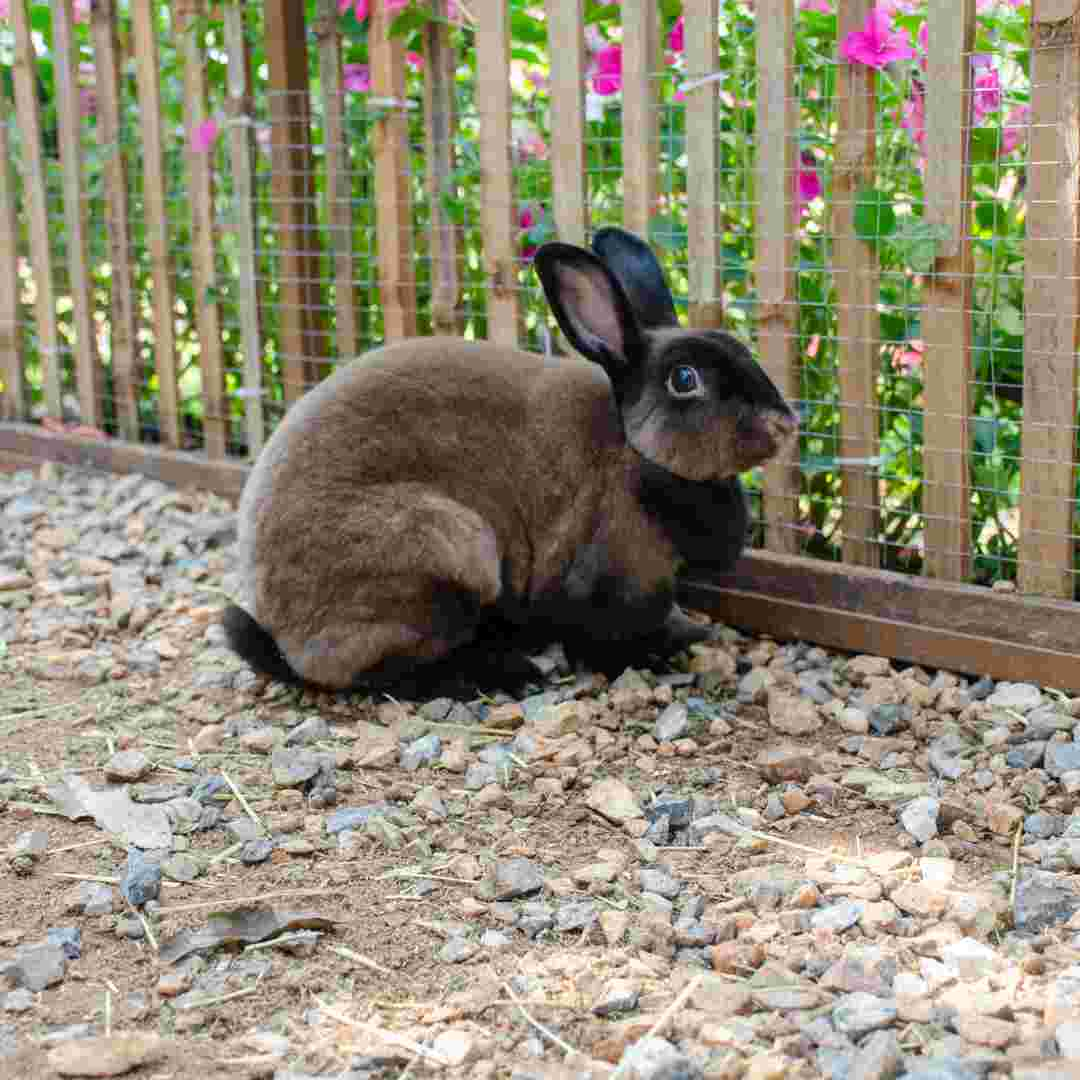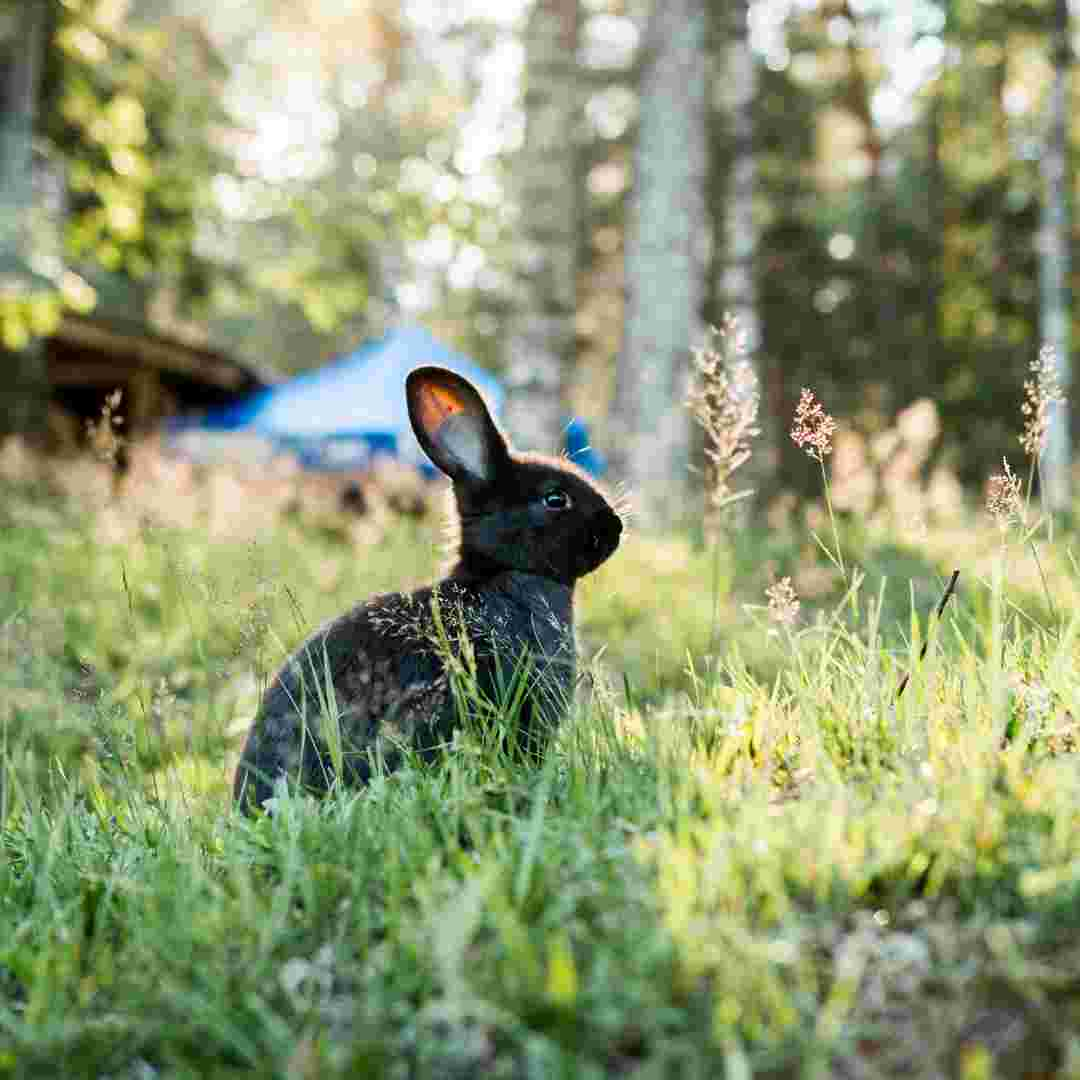Contents Table
Introduction
Common Home Hazards That Kill Rabbits Fast
How to Protect Rabbits from Predators
Stress on Rabbit Health and How to Reduce It
Rabbits' Toxic Plant and Food Ingestion Dangers
Rabbit Parasites and Treatment
Q&A
Conclusion
Introduction
Small, loving rabbits make great pets. Unfortunately, several things can kill them swiftly. Diseases, parasites, predators, and humans are examples. This article discusses rabbit deaths' most common causes and ways to prevent them. We will also address treating sick or injured rabbits. Understanding the hazards and taking steps will help your rabbit live long and healthy.
Common Home Hazards That Kill Rabbits Fast
Rabbits are lovely pets, but domestic risks can kill them quickly. These risks must be considered and your cat protected.
Toxins are a common household threat that kill rabbits swiftly. Cleaning products, insecticides, and plants are included. Ingesting these toxins can kill or sicken your rabbit. Your rabbit should not be exposed to hazardous substances.
Choking is a prevalent household risk. Rabbits can choke on coins, buttons, and other small items. Avoid giving your rabbit these products and periodically inspect their habitat for choking dangers.
Rabbits can also get heatstroke. Rabbits can have heatstroke if they get too hot. Maintain a cool, well-ventilated environment for your rabbit and monitor its temperature.
Finally, rabbits can be electrocuted. Chewing electrical cords or other electrical things might electrocute your rabbit. Your rabbit should not be near electrical cords or things.
Knowing these common household hazards will help keep your rabbit safe and healthy.
How to Protect Rabbits from Predators
Understanding predators and how to protect rabbits is crucial.
As prey, rabbits are vulnerable to many predators. Foxes, coyotes, hawks, owls, snakes, cats, and dogs are predators. Predators can kill rabbits for food or instinct. Rabbits are drawn to roadsides and other open spaces, so cars can kill them.
A secure environment is the greatest approach to protect rabbits from predators. This can include fencing rabbit habitats or providing hutches or enclosures. Cats and dogs should avoid rabbits because they can be dangerous. Keep an eye out for predator tracks and droppings.
Rabbits need food and water in addition to a safe home. They will be healthier, stronger, and less vulnerable to predators. Give rabbits plenty of burrows and lush plants to hide in if threatened.
Finally, predator indications must be recognised. These can include missing rabbits, tracks, droppings, or a predator. If any of these indicators appear, protect the rabbits.
Protecting rabbits from predators and recognising their threats can keep them secure and healthy.
Stress on Rabbit Health and How to Reduce It
Rabbits often experience stress, which can harm them. Stress can induce stomach disorders, immune system weakness, and behavioural abnormalities. Recognising and reducing rabbit stress is crucial.
Behaviour changes like hiding, aggressiveness, or excessive grooming are the most prevalent stress signs in rabbits. Dietary changes like weight loss or decreased appetite and cosmetic changes like fur loss or dull coat are further signs.
Rabbit stress can be reduced in numerous ways. Safe and comfortable conditions are crucial. The cage should be clean and roomy, have plenty of toys and games, and be quiet. Maintaining an eating and exercise schedule is crucial.
Socialisation also reduces rabbit stress. Rabbits need humans and other rabbits for socialisation. Through play, petting, and snuggling.
Finally, stress symptoms must be identified and addressed. If a rabbit seems stressed, take it to the vet. Vets can diagnose stress and offer solutions.
Finally, stress can harm rabbits. Stress must be identified and reduced. This involves a secure atmosphere, a routine, and socialisation. If a rabbit seems stressed, take it to the vet.
Rabbits' Toxic Plant and Food Ingestion Dangers
Rabbits are dear pets, thus they must be safe and healthy. Understanding rabbit-safe foods and plants is crucial to rabbit care. Rabbits are at risk from several hazardous plants and foods.
Rabbits can get minor to severe health problems by eating hazardous plants. Plant poisoning in rabbits causes vomiting, diarrhoea, loss of appetite, lethargy, and convulsions. Toxic plants can kill if eaten. Lilies, daffodils, tulips, azaleas, and oleander are frequent rabbit poisons.
Many foods are harmful to rabbits, along with toxic plants. Rabbits should never be given chocolate, caffeine, or alcohol. Onions, garlic, and avocados are also toxic to rabbits. Some of these foods can cause gastrointestinal distress and death.
Remember that hazardous plants and foods can harm rabbits. If you think your rabbit ate a hazardous plant or food, take it to the vet. Bunnies may live long and healthy with proper care.
Rabbit Parasites and Treatment
Rabbits often get parasites, which can harm them. Rabbits can get fleas, mites, ticks, and intestinal worms. Skin inflammation, anaemia, weight loss, and diarrhoea can result from these parasites. In extreme circumstances, parasites can kill.
There are several ways to prevent and treat rabbit parasites. Rabbits need a clean habitat first. This includes frequently cleaning their cages and bedding and eliminating faeces and dirt. Rabbits can transmit parasites, so keep them away from wild animals.
Parasite-infected rabbits need immediate veterinarian care. Veterinarians can identify parasites and prescribe therapy. Topical, oral, and injectable medicines may be used. Veterinarians may also prescribe dewormers.
Anti-infestation measures should accompany medical treatment. This includes inspecting the rabbit for fleas and mites and treating them. Additionally, the rabbit's habitat must be clean and debris-free.
These steps can protect rabbits from parasites and treat infections. This helps rabbits stay healthy and happy.

Q&A
1. What are common rabbit deaths?
Rabbits die from trauma, infection, parasites, and diseases like cancer, heart disease, and respiratory issues.
2. What are the most frequent fast-killing rabbit diseases?
The most deadly rabbit diseases include pasteurellosis, coccidiosis, and myxomatosis.
3. What are the most prevalent rabbit parasites that kill quickly?
Fleas, mites, and lice kill rabbits most fast.
4. Which common poisons kill rabbits quickly?
The most prevalent rabbit killers include antifreeze, rat poison, and some weeds.
5. What are the most typical environmental variables that kill rabbits quickly?
Extreme heat, lack of food or water, and overcrowding are the main environmental conditions that kill rabbits quickly.
Conclusion
Finally, rabbits can be killed rapidly by shooting, trapping, poisoning, or strangulation. However, shooting a rabbit is the most compassionate and effective method. Quick and painless, this procedure protects the animal.
